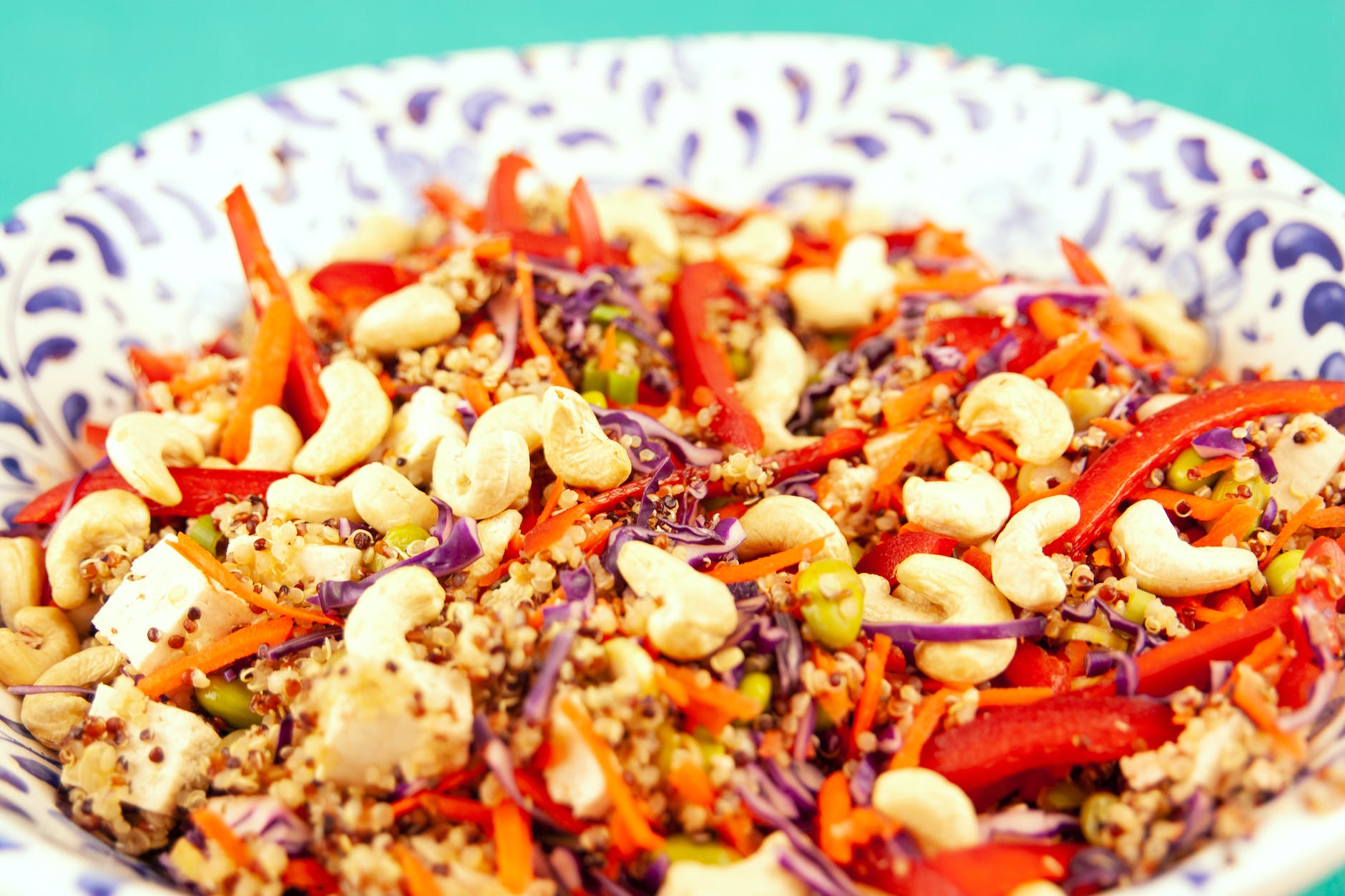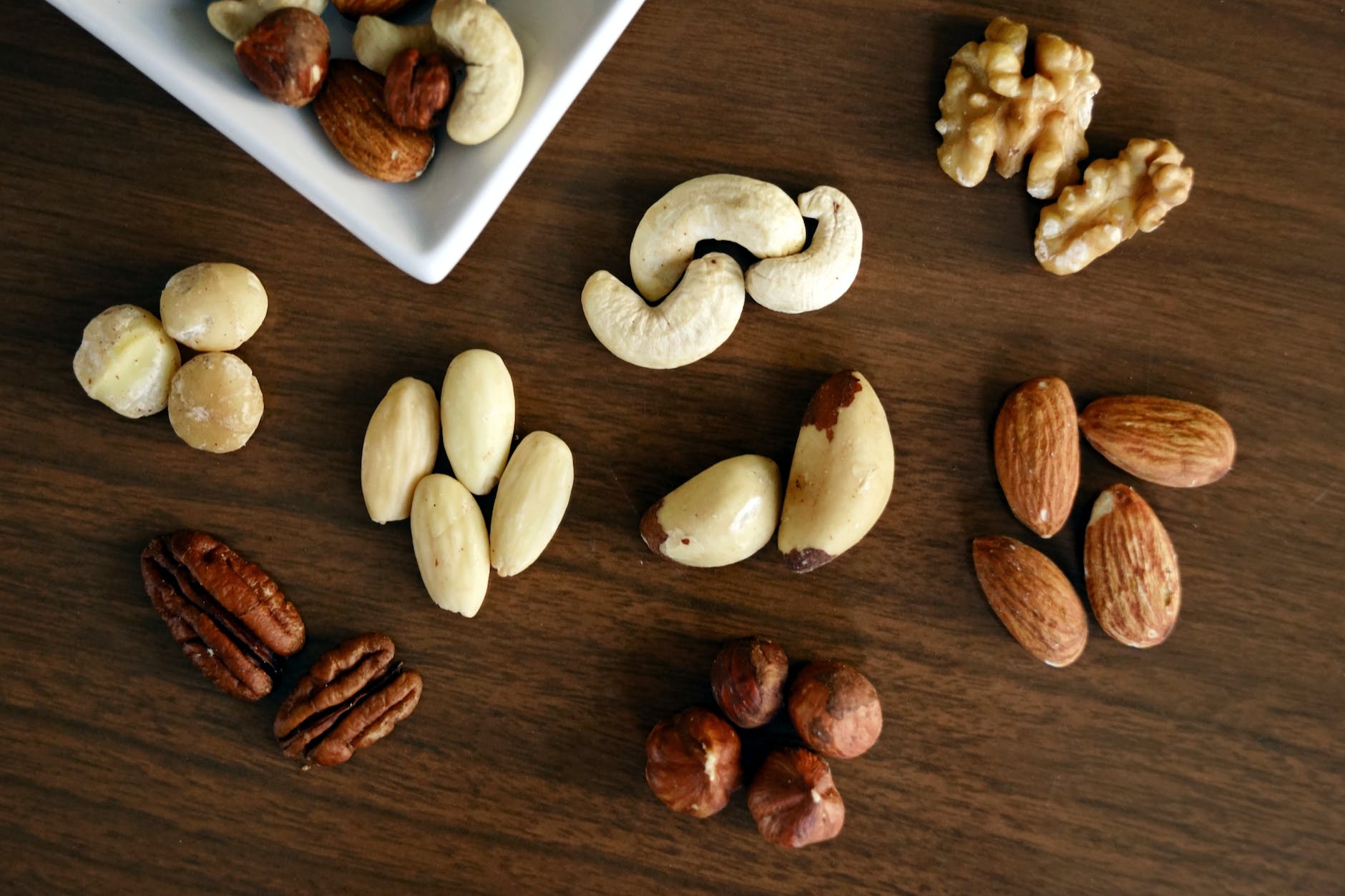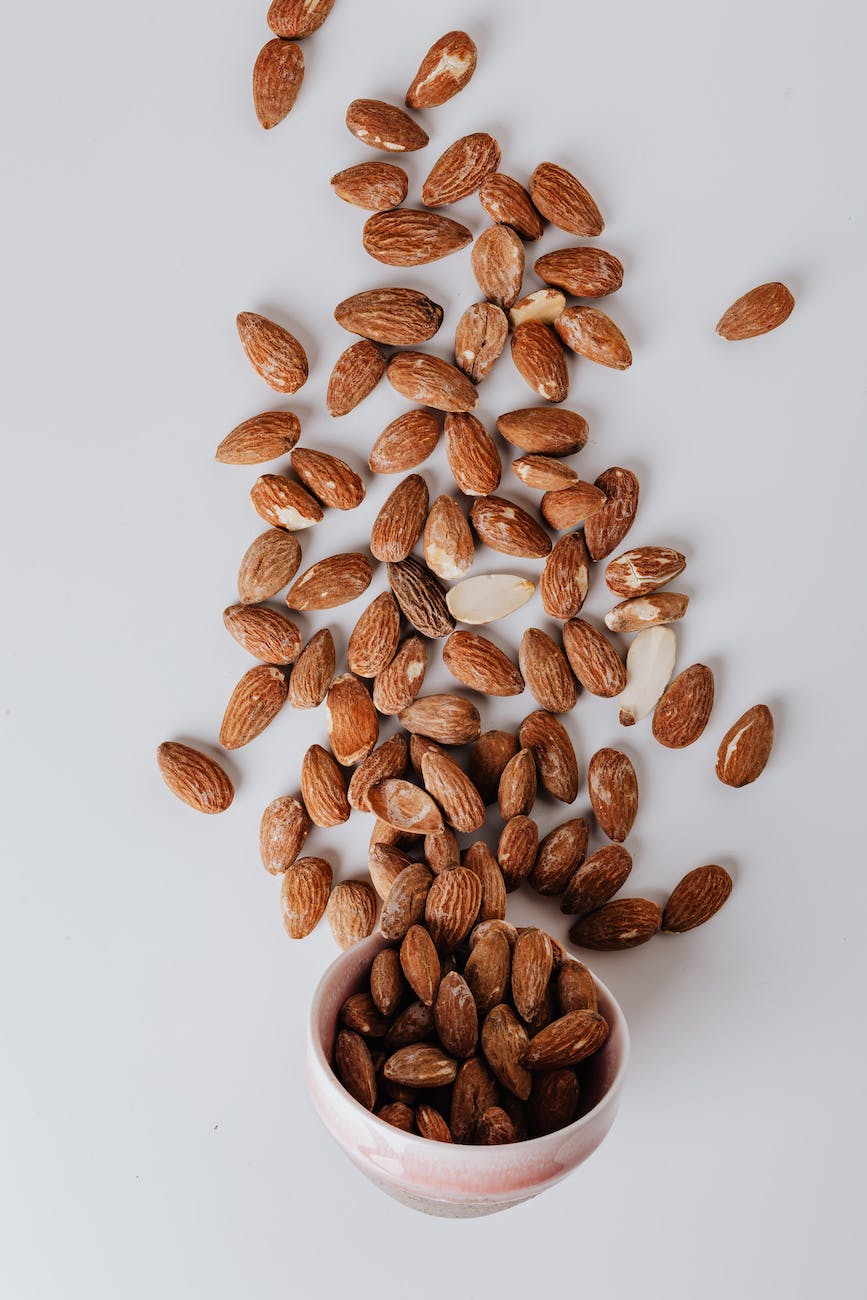
Introduction 😊
Dealing with acne can be frustrating, but nature provides us with a plethora of options that may help improve our skin health. When it comes to acne-fighting foods, nuts are a great addition to your skincare routine. In this article, we will dive deeper into the world of nuts and explore the top five acne-friendly choices that can potentially transform your skin, leaving it clear, healthy, and radiant.
1. Brazil Nuts 🌰
Brazil nuts are not only delicious but also beneficial for your skin. These nuts are packed with selenium, a powerful antioxidant that plays a crucial role in reducing inflammation and promoting healthy skin. Selenium helps regulate the production of sebum, the skin’s natural oil, which can help prevent clogged pores and breakouts. Including a few Brazil nuts in your diet can provide a natural boost to your skin’s health and contribute to a clearer complexion.
2. Almonds 🌰
Almonds, known for their abundance of nutrients, are a fantastic choice for acne-prone skin. They are rich in vitamin E, a potent antioxidant that helps protect the skin from oxidative damage caused by free radicals. Vitamin E also has anti-inflammatory properties, which can reduce redness and swelling associated with acne. Moreover, the healthy fats found in almonds help maintain the skin’s moisture barrier, preventing excessive dryness that can lead to breakouts. Incorporate almonds into your diet or use almond oil as a part of your skincare routine to support a more balanced and vibrant complexion.
3. Walnuts 🌰
Walnuts are an excellent source of omega-3 fatty acids, which have anti-inflammatory properties. These healthy fats help regulate sebum production and reduce inflammation in the skin, making them beneficial for managing acne. Additionally, walnuts contain vitamins B and E, which promote healthy skin and help protect against acne breakouts. Including walnuts in your diet can potentially contribute to a clearer and calmer complexion.
4. Pistachios 🌰
Pistachios not only make a tasty snack but also offer potential benefits for acne-prone skin. These nuts are rich in vitamins A and E, as well as antioxidants like lutein and zeaxanthin. Vitamin A aids in skin cell turnover, preventing the clogging of pores and reducing the formation of acne. Vitamin E and antioxidants help protect the skin from environmental damage, keeping it healthy and vibrant. Snack on pistachios or incorporate them into your meals to reap the potential skin benefits they provide.
5. Pecans 🌰
Pecans are a fantastic choice for promoting healthy skin and managing acne due to their high zinc content. Zinc has anti-inflammatory properties and plays a vital role in regulating sebum production. It helps reduce the appearance of blemishes and prevents clogged pores, leading to fewer breakouts. Incorporating pecans into your diet can provide the skin with this essential mineral, promoting a calmer and clearer complexion.
Conclusion 😊
When it comes to achieving clear and radiant skin, nature offers us valuable solutions. The top five acne-friendly nuts, including Brazil nuts, almonds, walnuts, pistachios, and pecans, provide a range of nutrients, antioxidants, and anti-inflammatory properties that can potentially transform your skin health. However, it’s important to note that individual responses to these foods may vary, and it’s always recommended to consult with a dermatologist for personalized skincare advice.
Incorporate these nuts into your diet as part of a balanced eating plan, and consider adding them to your skincare routine. Embrace the power of nature and unlock the potential benefits of these acne-fighting nuts. With consistent care and a holistic approach, you can achieve the clear and radiant skin you desire.
🌰✨ Happy skincare journey with acne-friendly nuts! 🌰✨













